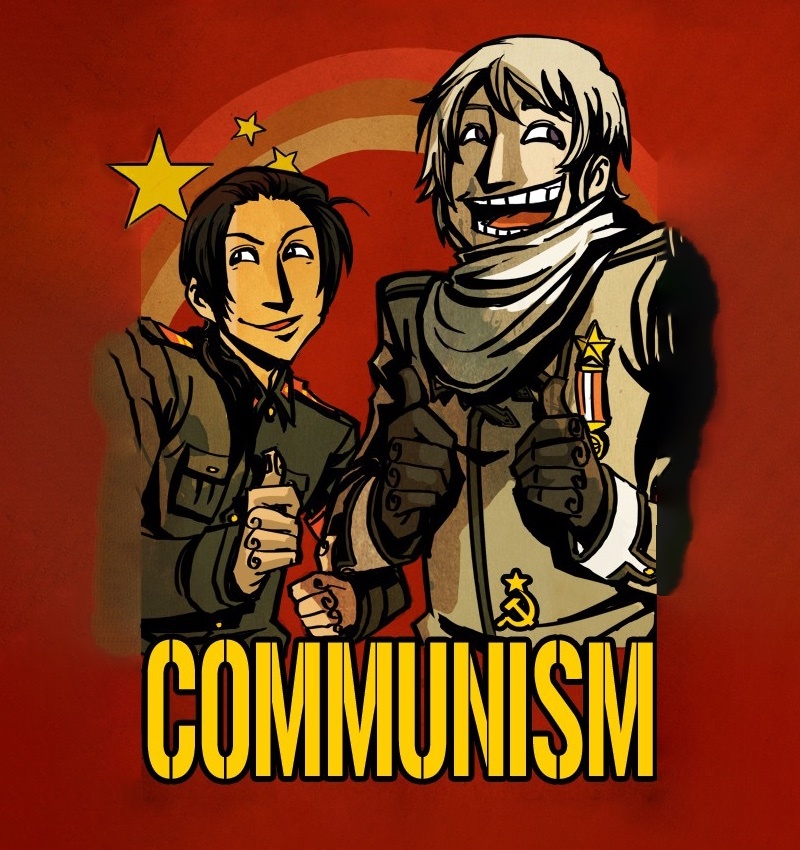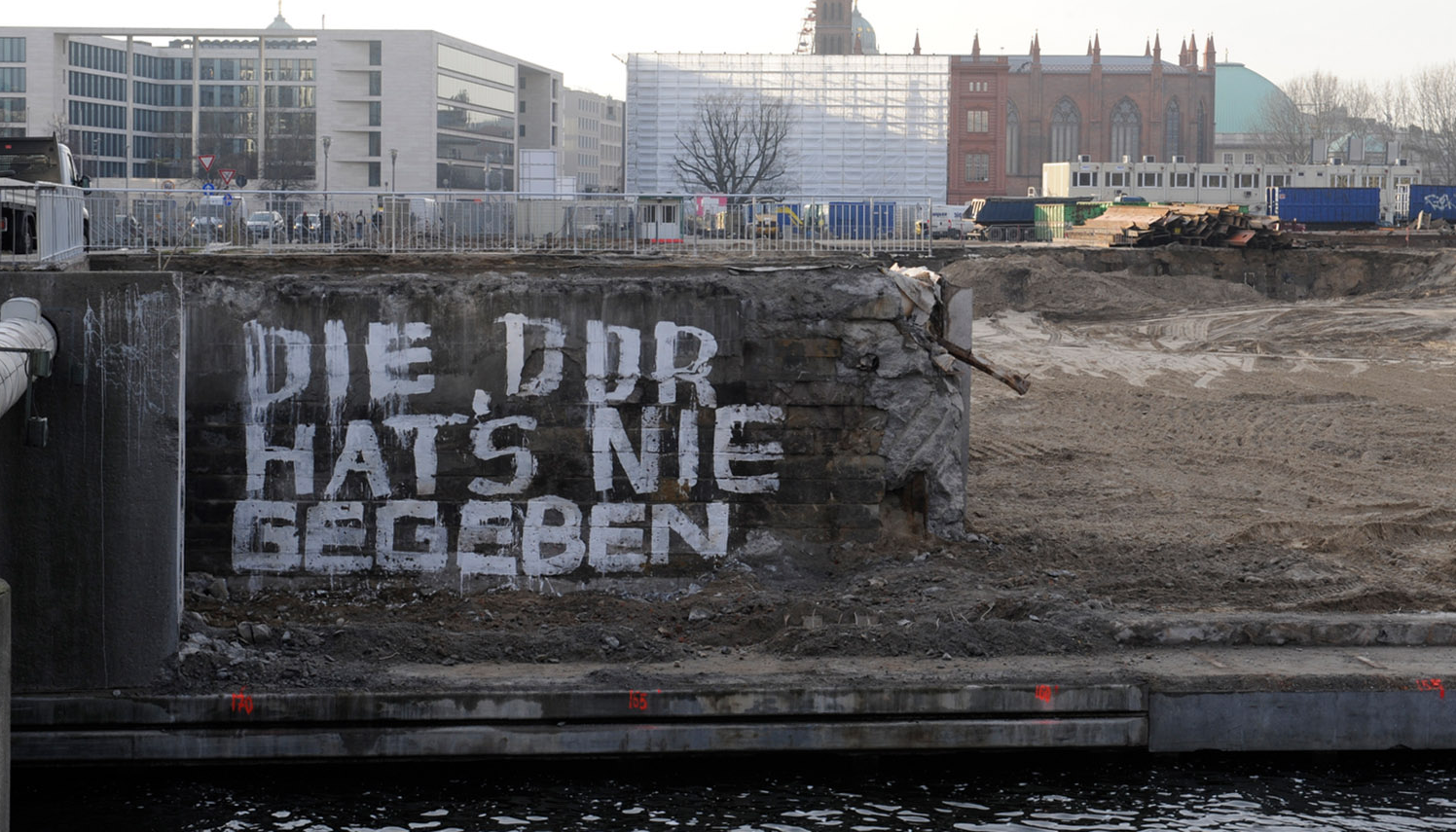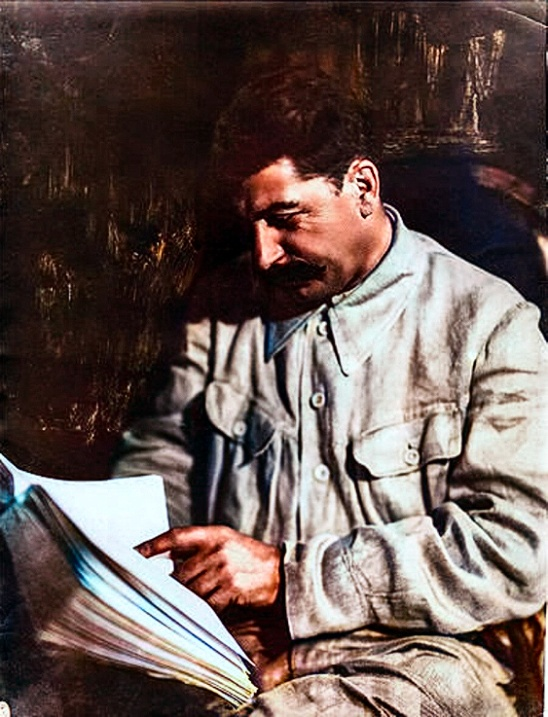

Everything that has been said against suicide goes round and round in the same circle of ideas. People cite against it the decrees of Providence, but the existence of suicide is itself an open protest against her indecipherable decrees. They talk to us of our duties to this society without explaining or implementing our own claims on society, and finally they exalt the thousand times greater merit of overcoming pain rather than succumbing to it, a merit as sad as the prospects it opens up. In short, they make of suicide an act of cowardice, a crime against the law, [society] and honour.
“Why is it that in spite of so many anathemas people kill themselves? Because the blood of men in despair does not run through their veins in the same way as that of the cold beings who take the time to coin all those fruitless phrases. Man seems to be a mystery to man; he can only be blamed, he is not known. When we see how light-mindedly the institutions under whose domination Europe lives dispose of the blood and life of the nations, how civilised justice surrounds itself lavishly with prisons, chastisements and instruments of death so as to sanction its insecure decisions; when we see the numerical immensity of the classes which on all sides are left in misery, and the social pariahs who are battered by brutal contempt, meant to be preventive, perhaps to save the trouble of lifting them out of their squalor; when we see all this, we fail to understand what entitles us to command the individual to respect in himself an existence which our customs, our prejudices, our laws and our morals generally trample underfoot.
“It was thought that it would be possible to prevent suicide by degrading punishments and by branding the memory of the culprit with infamy. What can one say of the unworthiness of such branding of people who are no longer there to plead their case? The unfortunates, by the way, are little worried by that; and if suicide accuses anybody, it accuses above all the people who are left behind, because there is not one in this multitude who deserves that anyone should stay alive for him. Have the childish and cruel means devised been victorious against the whisperings of despair? What does he who wants to flee the world care about the insults which the world promises to his corpse? He only sees in them yet another act of cowardice on the part of the living. What kind of society is it, indeed, where one finds the profoundest solitude in the midst of millions; where one can be overwhelmed by an irrepressible desire to kill oneself wthout anybody being aware of it? This society is no society, it is as Rousseau says, a desert inhabited by wild animals. In the positions which I held in the police administration suicides were part of my responsibility; I wished to learn whether among the causes motivating them there were any whose effect could be obviated. I undertook extensive work on the subject.” I found that any attempts short of a total reform of the present order of society would be in vain.
- “On Suicide” by Jacques Peuchet; collated by Karl Marx, 1845.








The issue with studying the collapse of the USSR is that everyone has an opinion on it and very few are principled Marxist-Leninist assessments, as K&K describe in the first chapter.
I’d recommend Carlos Martinez’s Why Doesn’t the Soviet Union Exist Anymore? for a brief but updated synthesis of K&K’s work once you’re finished, it helps in hammering in the main points.